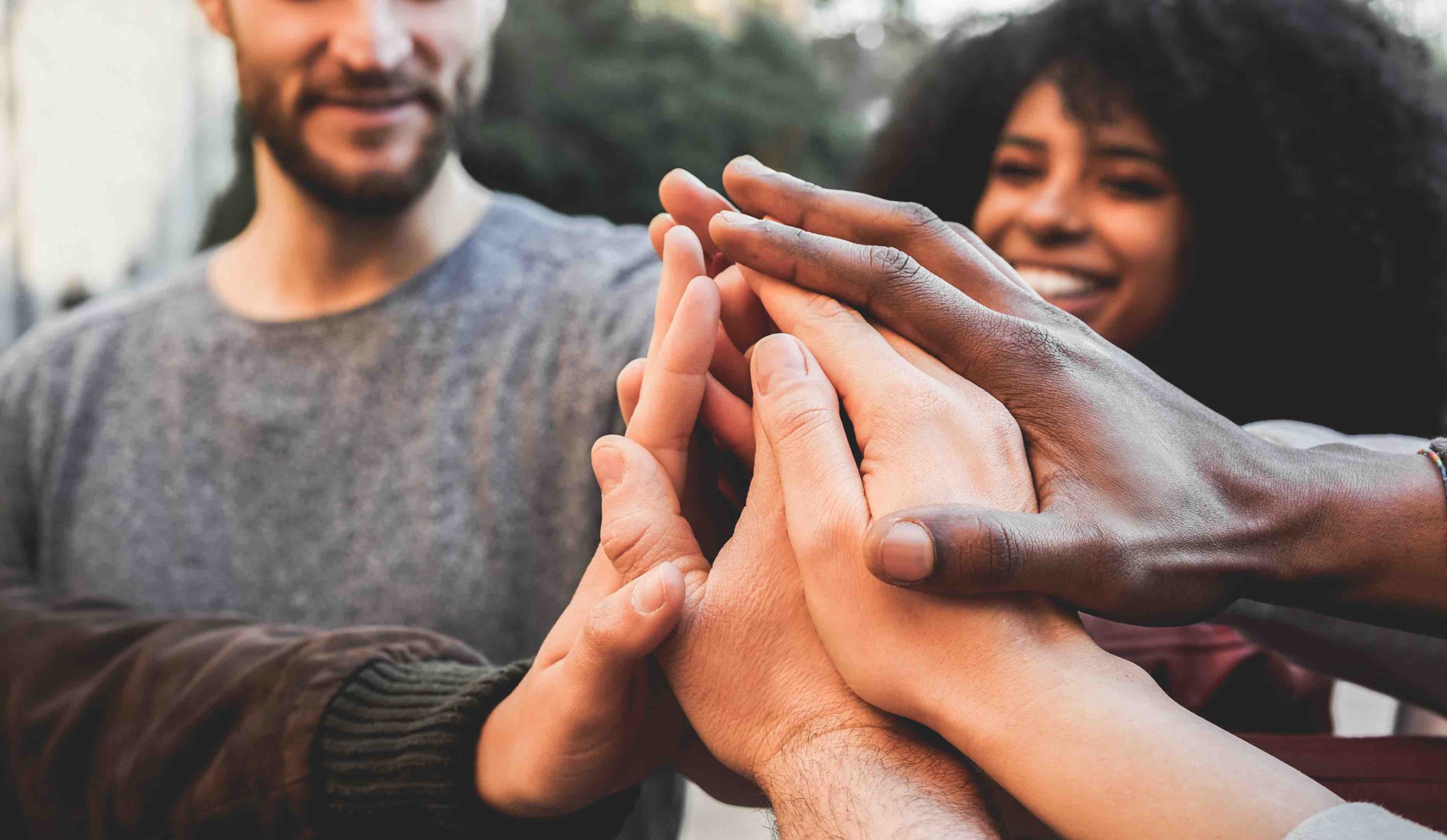Our relationships are central to our health, happiness, and overall well-being. Extensive research has shown that the quality of our social connections can profoundly influence our mental and physical health, and even our risk of mortality (Umberson & Montez, 2010). These effects begin in early childhood and have far-reaching consequences throughout our lives, impacting our health and development positively or negatively.
As inherently relational beings, when we find ourselves isolated or detached from a community, our mental and physical health can rapidly deteriorate. Life’s challenges are demanding enough on their own, and we are not designed to navigate them in solitude.
Interpersonal neurobiology, a field pioneered by Dan Siegel and others, sheds light on our biological need for community. It underscores the idea that our minds are inherently influenced by our relationships and shared connections with others. Our social support network is a potent predictor of our health and well-being, shaping the very structure and development of our brains.
In essence, our diet, self-care routines, and even positive affirmations take a back seat to the importance of the community we immerse ourselves in. The social connections we foster or lack can significantly mold our mental states, leading to integration or disintegration. As Siegel aptly notes in “Aware,” “Relationships are not icing on the cake; they are the cake. In fact, they are the main course as well as the dessert.”
Creating and maintaining a community necessitates intention and effort. This applies to everyone, including introverts, who also require social interaction. Whether through starting new conversations, joining groups, having lunch with colleagues, or reconnecting with acquaintances, it’s essential to be proactive. Even when faced with challenges like COVID-19, virtual connections can bridge the gap and help us maintain a sense of belonging.
Vulnerability is a crucial component of fostering deep, meaningful relationships. Brene Brown defines vulnerability as the feeling we experience when facing uncertainty, risk, or emotional exposure. True friendships and authentic relationships often demand such emotional risks. To experience deeper connections, we must be open to sharing our struggles, hopes, and needs, allowing our most authentic selves to be seen and known by others. Vulnerability serves as both the antidote to shame and the foundation for trust and connection.
Nurturing a sense of community doesn’t require befriending every person we encounter or filling our schedules with social engagements. It can start with small, intentional acts of kindness and acknowledgment, such as striking up a conversation with a neighbor, checking in on a new colleague, or simply greeting someone you regularly encounter.
In a world where feelings of isolation and mental health challenges are increasingly prevalent, the importance of purposefully connecting with our community cannot be overstated. If our relationships indeed form the cornerstone of our health, happiness, and well-being, then they deserve our time, energy, creativity, and willingness to invest in their strengthening and maintenance.
